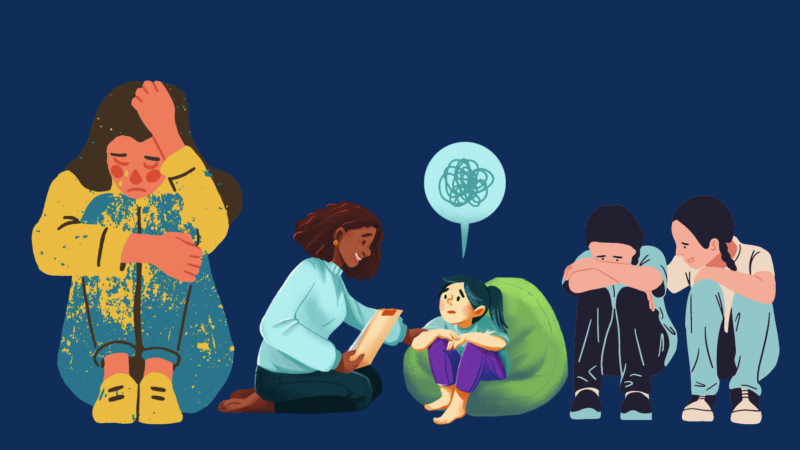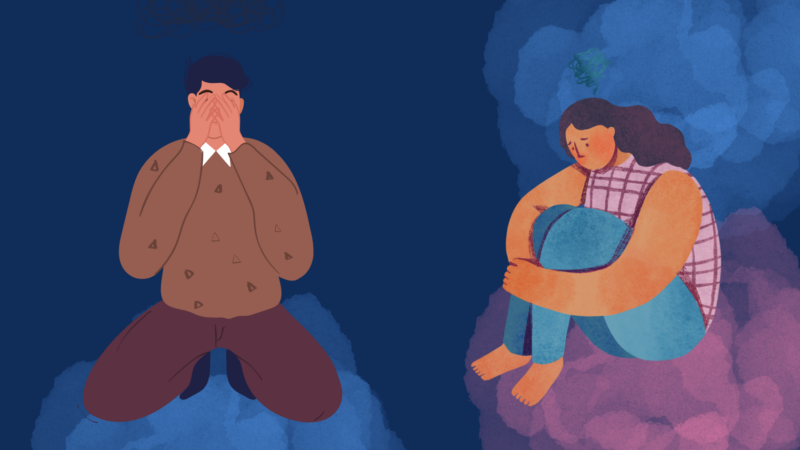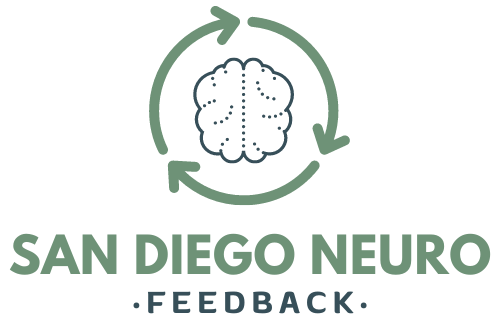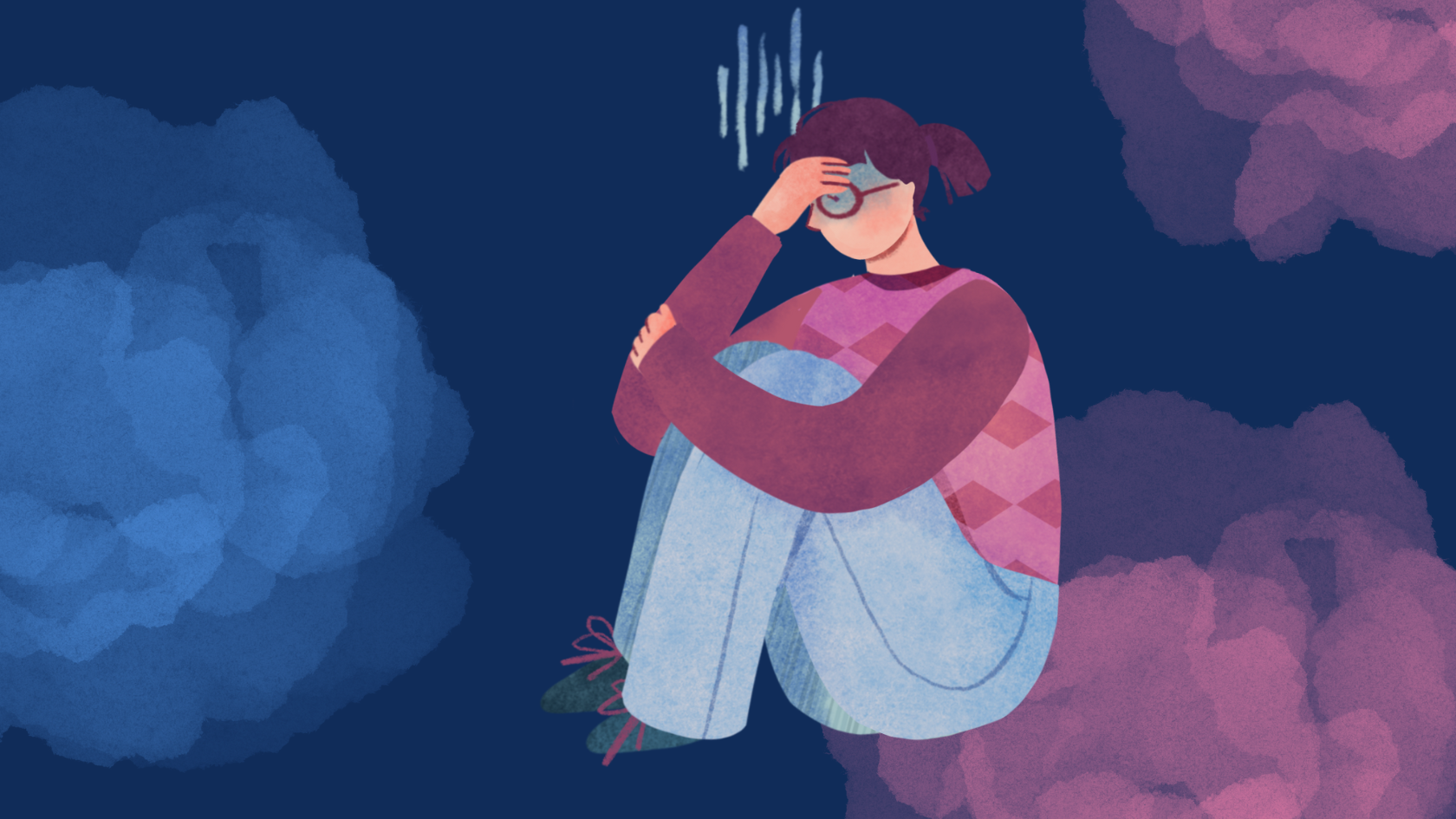Generational trauma is a term you might have heard in conversations about mental health and family dynamics. But what exactly does it mean? In simple terms, generational trauma refers to the transmission of trauma across different generations within a family.
This phenomenon isn’t just a psychological concept; it’s a real and impactful experience that affects many people. Today, we’ll explore its causes, and understand its effects on individuals and families.
What Causes Generational Trauma?

Generational trauma, also known as transgenerational trauma or inherited trauma, describes how trauma experienced by one generation affects subsequent generations.
Imagine a family that experienced severe poverty or violence. The stress and coping mechanisms developed during that time might influence how later generations handle stress, relationships, and even their own mental health. The trauma isn’t just passed through stories or memories; it impacts behaviors, attitudes, and emotional responses.
1. Historical Events
Major historical events like wars, colonization, or natural disasters can leave lasting scars on communities. For example, Holocaust survivors and their descendants often grapple with the psychological effects of the atrocities faced by their ancestors. These events create a legacy of fear, anxiety, and coping mechanisms that get passed down.
Giovanna Torres, MSW, LSWAIC, a Seattle-area therapist explains “Historical context is everything,” she says. “You might not be someone who considers yourself a victim of trauma. But what is the history of your parents, grandparents, and relatives’ people, within the United States or abroad? Did they experience discrimination or abuse on a larger scale that impeded their well-being?”
2. Family Dynamics
Trauma can also be perpetuated through family dynamics. For instance, a parent who experienced abuse might unknowingly pass on their trauma through harsh parenting styles or emotional unavailability. This can lead to a cycle where children grow up with similar issues, affecting their own parenting and relationships.
Research indicates that adverse childhood experiences (ACEs), such as abuse, neglect, and parental mental health issues, can significantly impact emotional, mental, and physical health.
3. Socioeconomic Factors
Economic hardships and social inequalities contribute significantly to generational trauma. Families who experience prolonged poverty or discrimination might develop coping mechanisms and stress responses that get passed on to future generations. These stress responses can become ingrained in the family’s way of dealing with challenges.
4. Cultural and Societal Influences
Cultural narratives and societal expectations also play a role. For instance, certain cultures may have stigmas around mental health, causing individuals to suppress their trauma and pass it on to their descendants. This can create a cycle where trauma remains unaddressed and perpetuates through generations.
How Does It Affect a Person?

Generational trauma can have profound effects on individuals and families. The impact isn’t always straightforward and can manifest in various ways across different generations.These effects can manifest in various aspects of life, influencing mental health, relationships, and overall well-being:
Mental Health Issues
One of the most direct impacts of generational trauma is on mental health. Individuals may experience anxiety, depression, or post-traumatic stress disorder (PTSD) due to the unresolved trauma passed down from previous generations.
Behavioral Patterns
Trauma can lead to specific behavioral patterns. For example, a family with a history of violence might have members who are more likely to engage in aggressive behaviors or have difficulty managing anger. These patterns are often learned responses to the trauma experienced by previous generations.
“Some people become so accustomed to living with the impact of generational trauma in a family that accepts it as ‘normal,’ the trauma becomes normalized and symptoms appear ‘normal’ to them,” claims Canh Tran, LICSW, a trauma therapist in Seattle, WA.
Relationship Struggles
Generational trauma can affect how individuals relate to others. Trust issues, difficulty in forming healthy relationships, and challenges in communication can all stem from the trauma experienced by ancestors. This impact is often visible in how individuals navigate their personal and professional relationships.
Physical Health Problems
Interestingly, generational trauma can also impact physical health. Chronic stress and anxiety, which are common outcomes of trauma, can lead to various physical health issues such as cardiovascular problems, weakened immune system, and gastrointestinal issues. This connection highlights the profound impact of trauma on overall health.
How to Address It?
The first step in addressing generational trauma is awareness. Understanding how trauma impacts individuals and families can help in identifying and addressing the underlying issues. Education about trauma and its effects can empower individuals to seek help and make positive changes.
Therapy and Counseling
Professional help, such as therapy and counseling, can be crucial in addressing generational trauma. Therapists can work with individuals and families to explore the impact of trauma and develop coping strategies. Therapeutic approaches, like trauma-focused therapy, can help in processing and healing from the effects of trauma.
Building Resilience Is Necessary
Building resilience is another key aspect of addressing generational trauma. This involves developing healthy coping mechanisms, fostering supportive relationships, and engaging in self-care practices. Resilience helps individuals manage stress and break the cycle of trauma.
Community Support
Community support can also play a significant role. Support groups and community resources can provide a space for individuals to share their experiences and gain support from others who understand their struggles. This collective support can be empowering and help in healing.
FAQ
1. How can someone identify if they are affected by generational trauma?
Try to recognize patterns in behavior and emotional responses that seem to repeat across family generations. Look for consistent issues like anxiety, depression, or dysfunctional relationships that appear in multiple family members. Consult with a mental health professional.
2. Can generational trauma impact children even if the parents are unaware of their own trauma?
Absolutely. Trauma can influence parenting styles, emotional responses, and family dynamics in ways that children absorb and learn from. Children might pick up on these patterns, even if the parents do not consciously recognize them.
3. Are there specific therapies designed to address generational trauma?
Yes, several therapies are specifically designed to address generational trauma. Approaches such as family systems therapy, narrative therapy, and trauma-focused cognitive behavioral therapy (CBT) can help individuals and families explore and heal from trauma. These therapies aim to uncover and address the root causes of generational trauma and its impacts.
4. Can break the cycle of generational trauma lead to positive changes in family dynamics?
Yes! When individuals actively work on addressing and healing from trauma, they can improve communication, build healthier relationships, and create a more supportive family environment. This positive shift can also contribute to better mental and physical health for future generations.
Final Words
Generational trauma is a complex issue with deep-rooted causes and significant effects. Seeking professional help, building resilience, and finding community support are essential steps in the healing process.

